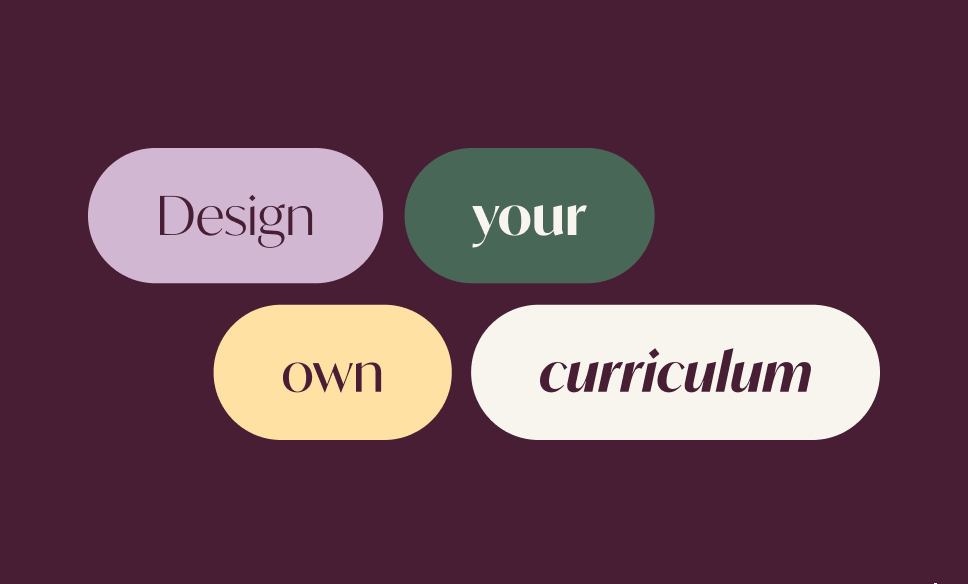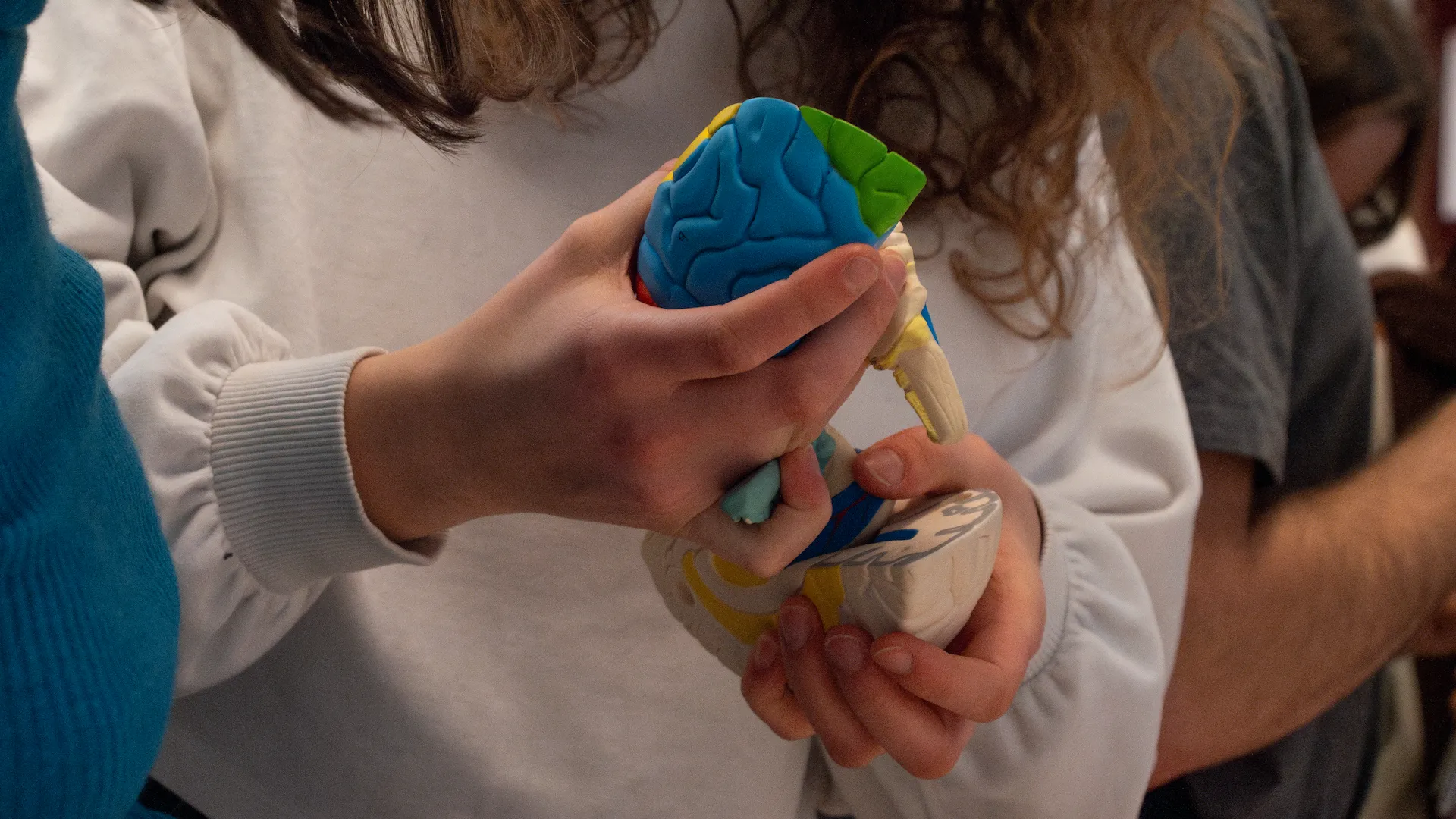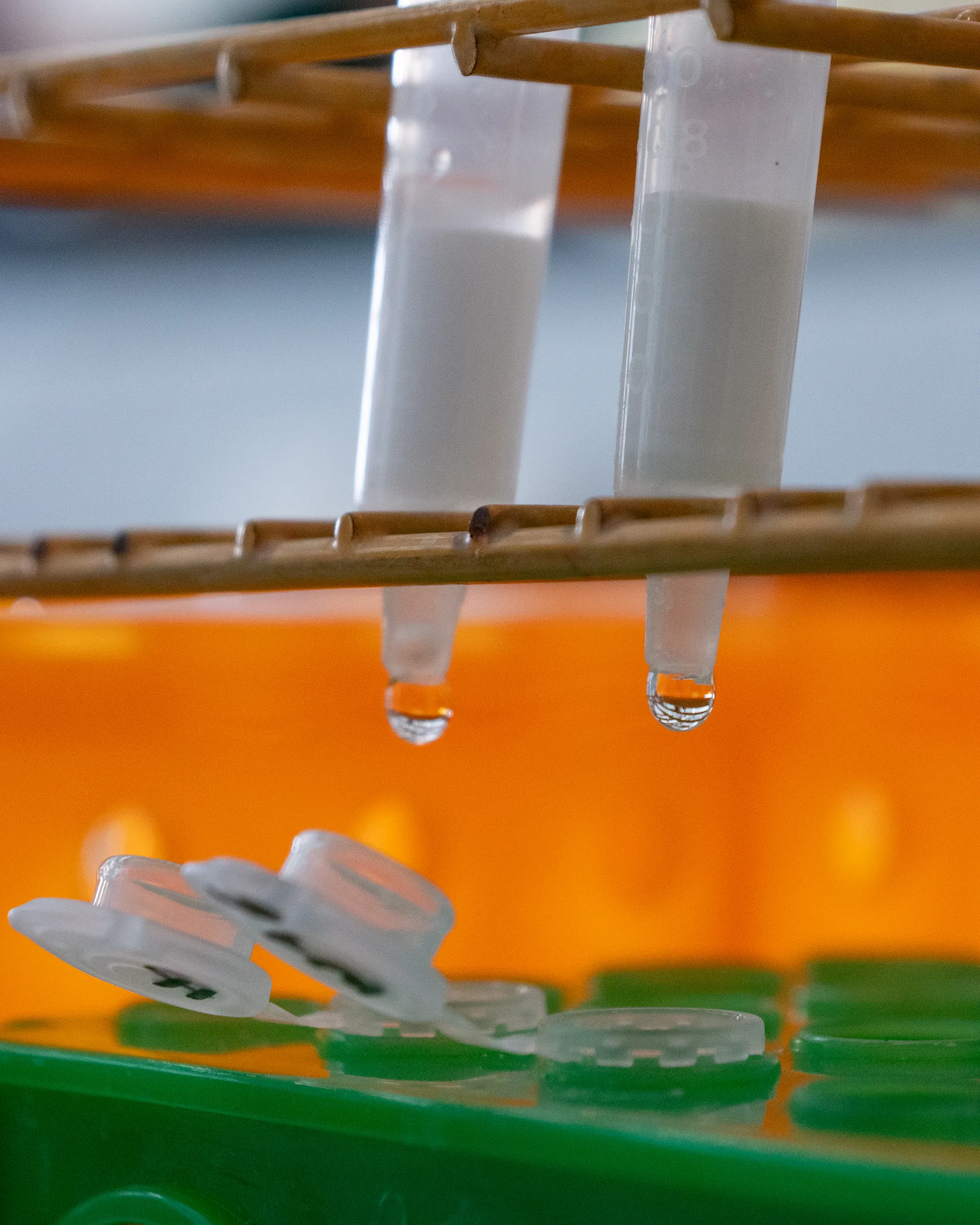Health, Cognition & Behavior
Health, Cognition & Behavior
Courses in this cluster count towards a Bachelor of Science

What does it really mean to be healthy, not just physically, but mentally and socially too? In the Health, Cognition & Behavior cluster, you explore the science behind human well-being. From how the brain processes emotions and decisions, to how the body responds to illness or stress, in this cluster you dive into what helps people thrive and what happens when things go wrong.
You study topics like mental health, the biology of the human body, cognitive processes, and behavior, while also learning how lifestyle, environment, and society play a role. It doesn’t stop there. At our Liberal Arts and Sciences university, you can connect Health, Cognition & Behavior with others like Government & Society to look at healthcare systems and public health policy, or Data Science & Intelligent Systems to analyze health trends and model the spread of diseases.
Whether you’re interested in psychology, medicine, global health, or simply what makes people tick, this cluster offers a deep and broad foundation to help you understand human well-being.
Fields of Study
Fields of Study
Gateways in Health, Cognition & Behavior
Gateways in Health, Cognition & Behavior
Foundation of Life, Health & Biomedical Science
Foundation of Life, Health & Biomedical Science
Introduction to Brain & Behavior
Introduction to Brain & Behavior
The UCR Program Builder is designed to help you easily plan your academic program. Step by step, the tool guides you through selecting courses, building a balanced curriculum, and meeting UCR’s academic requirements.

The UCR Program Builder is designed to help you easily plan your academic program. Step by step, the tool guides you through selecting courses, building a balanced curriculum, and meeting UCR’s academic requirements.
Want to know more? Chat with a UCR student!
Want to know more? Chat with a UCR student!



